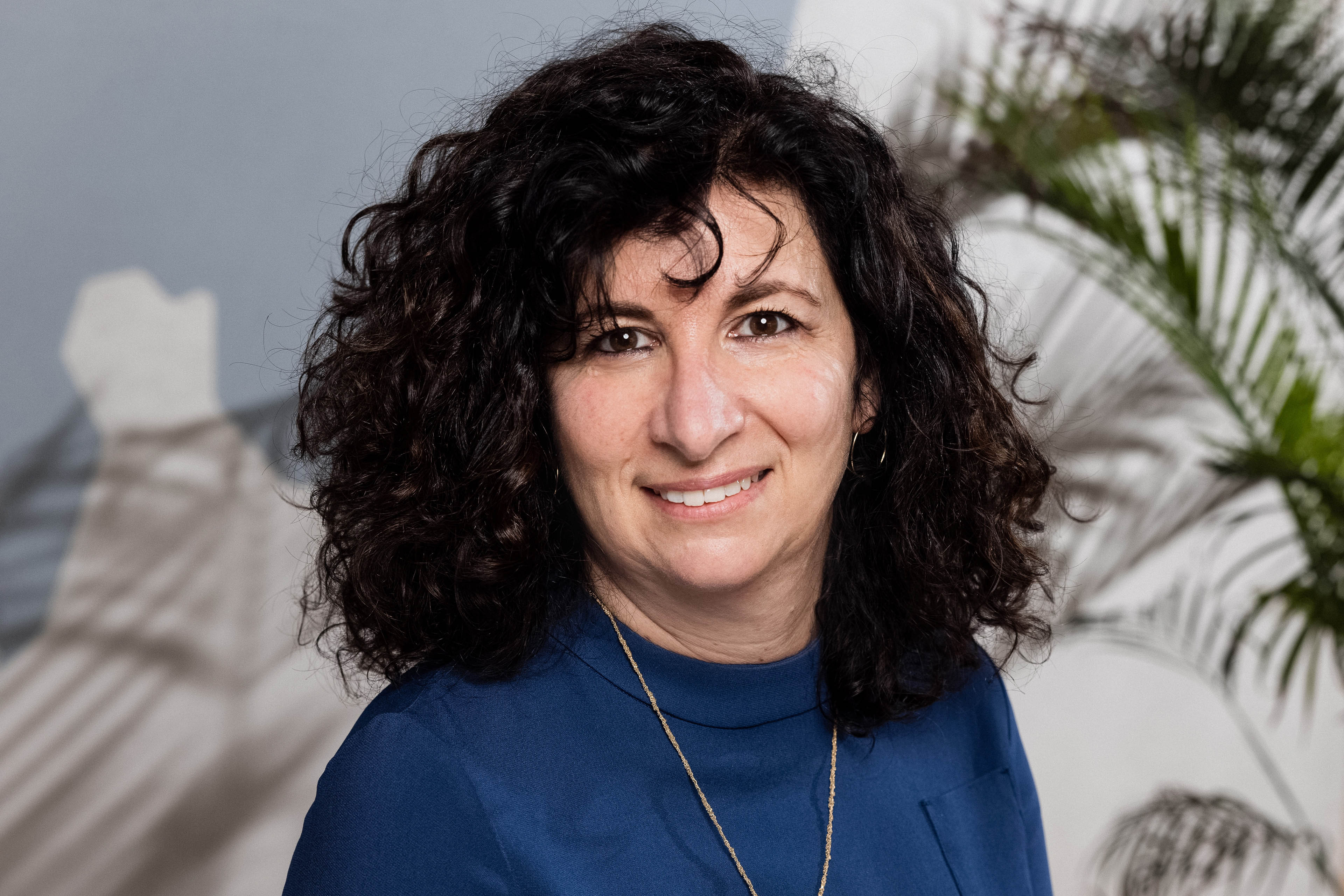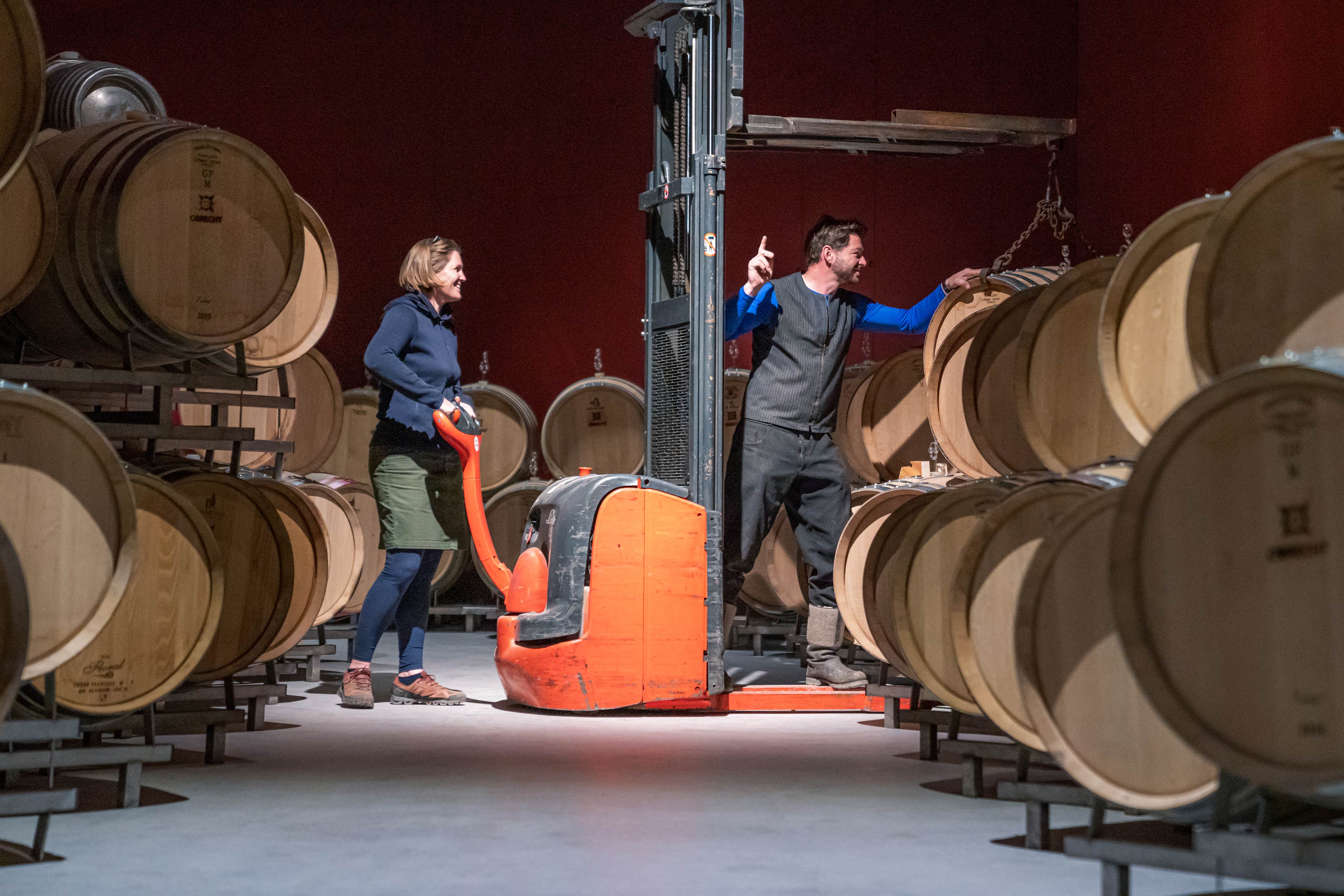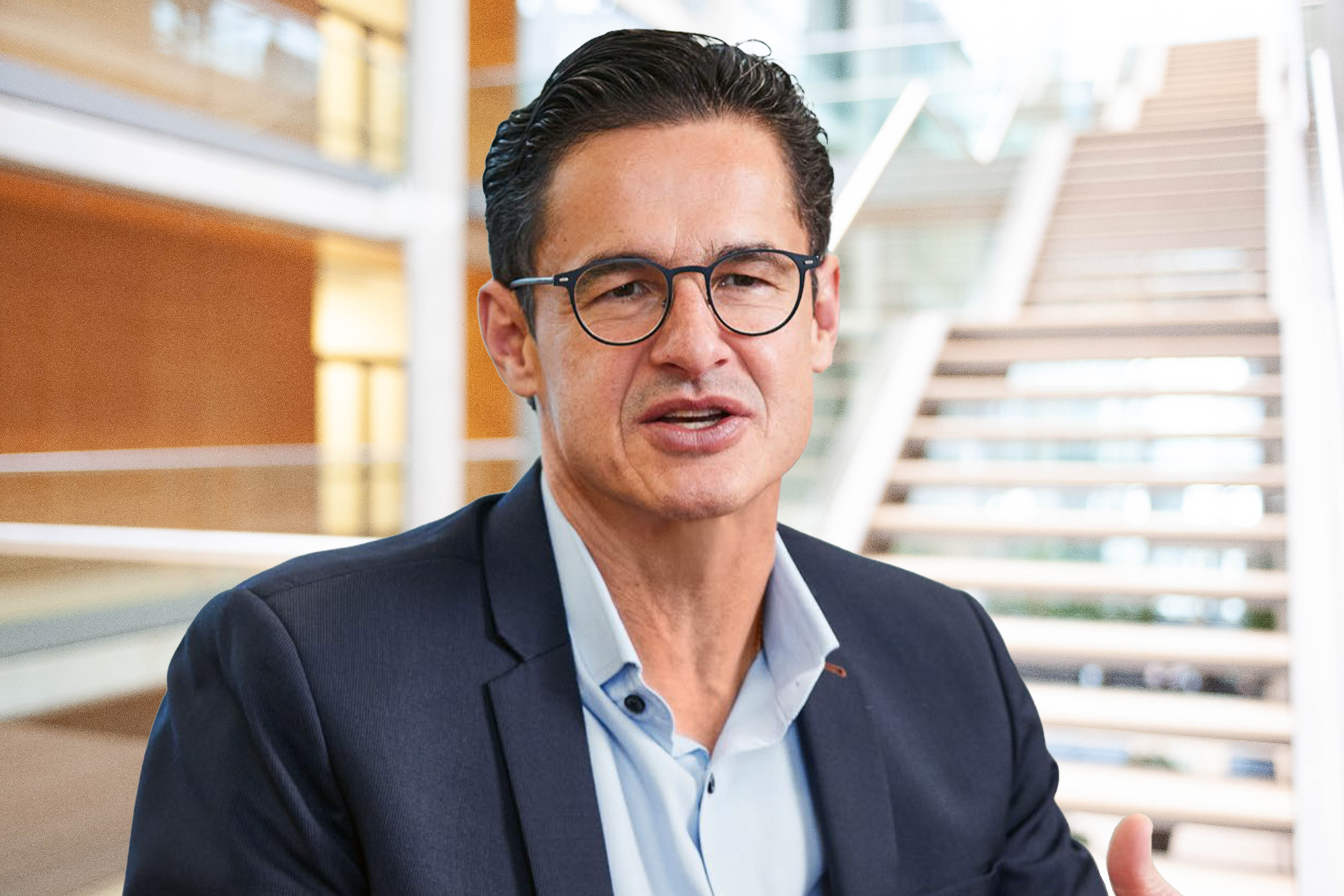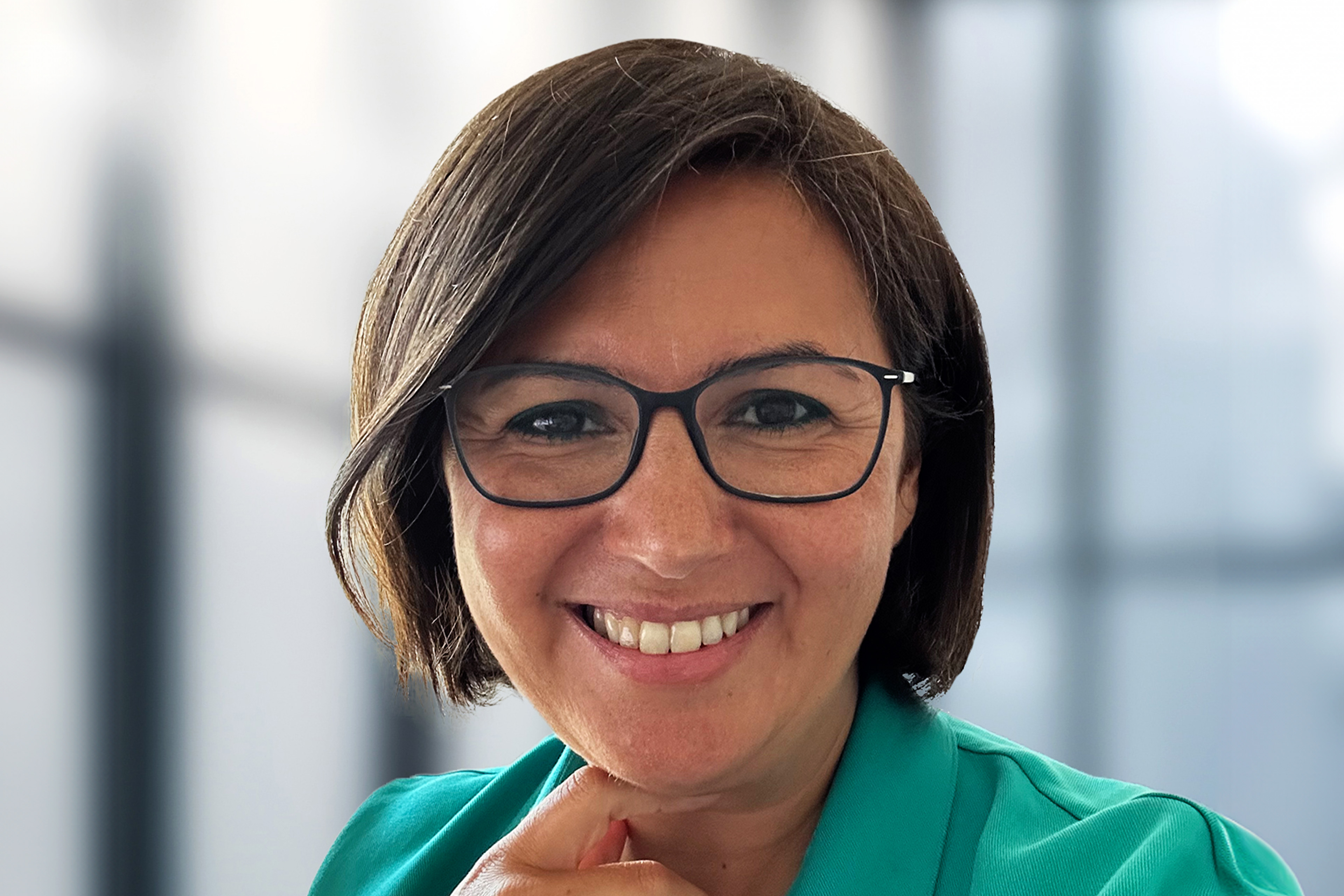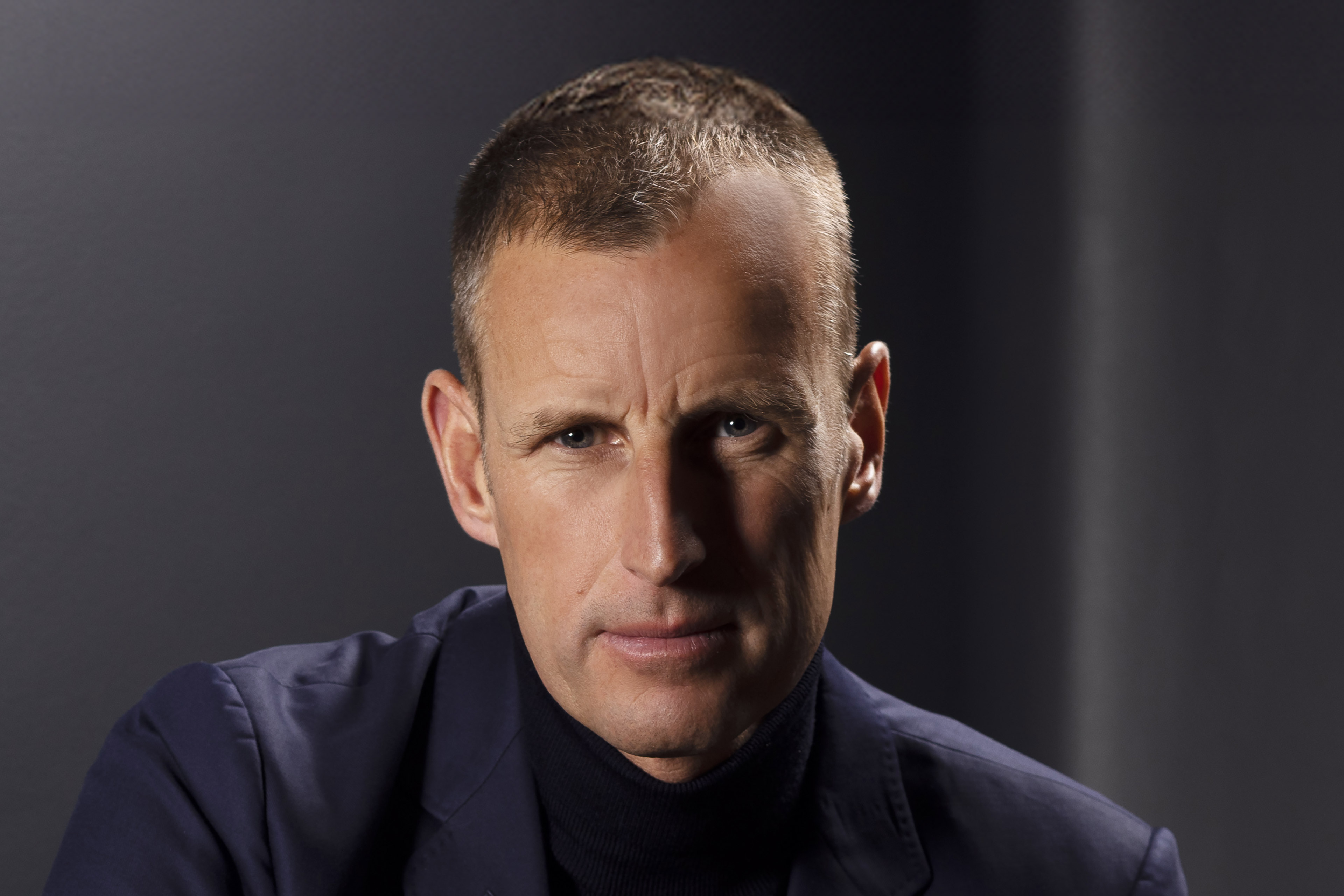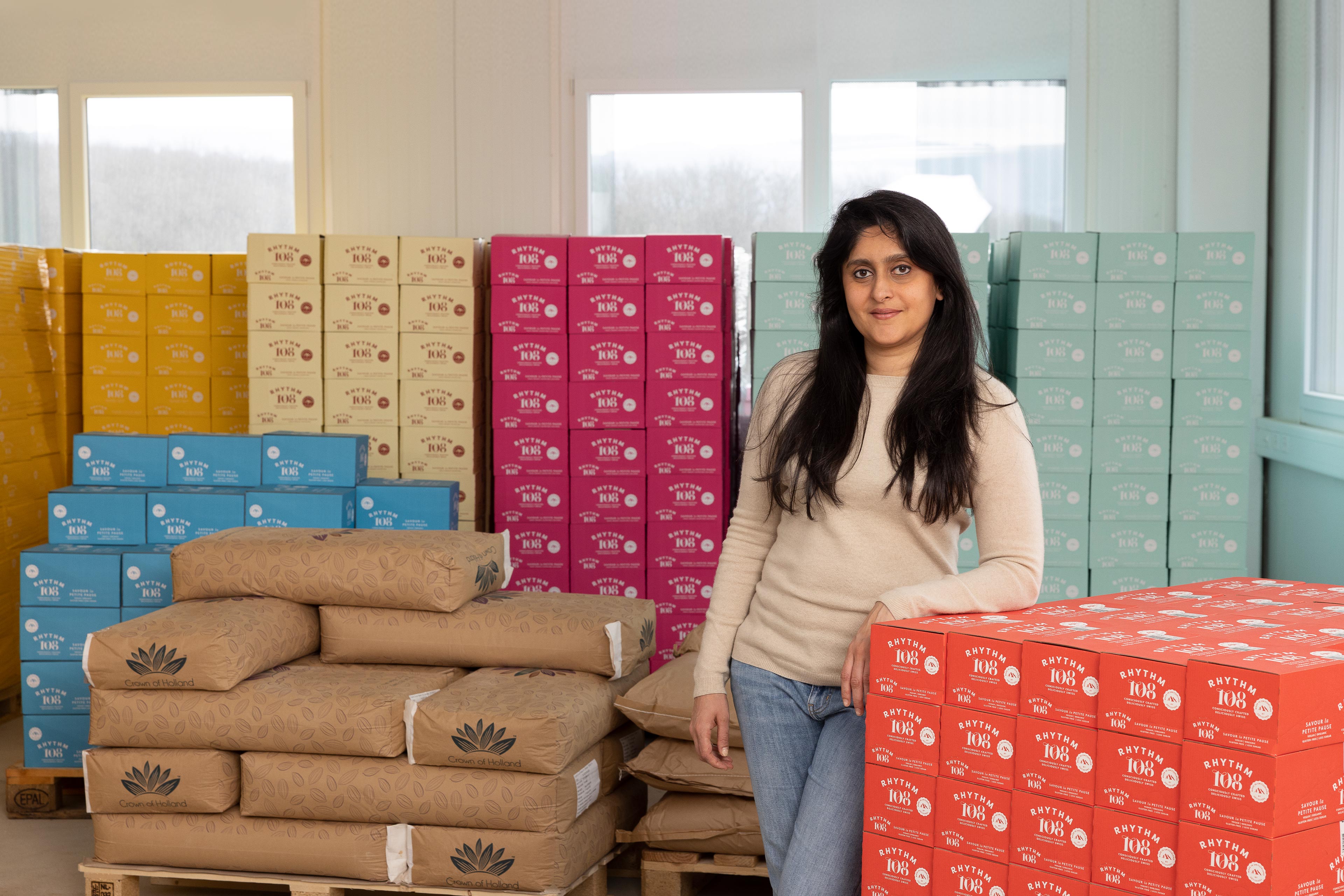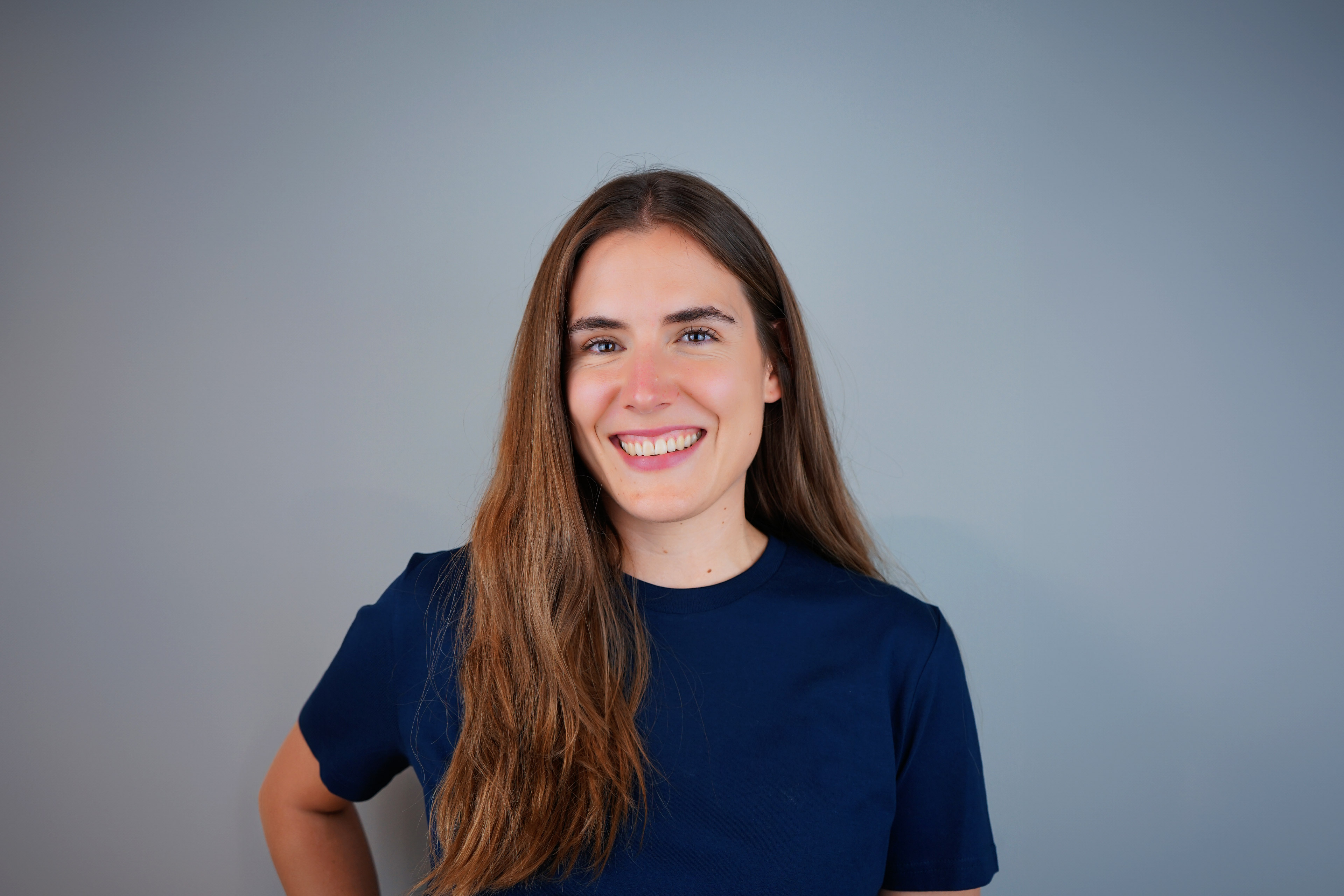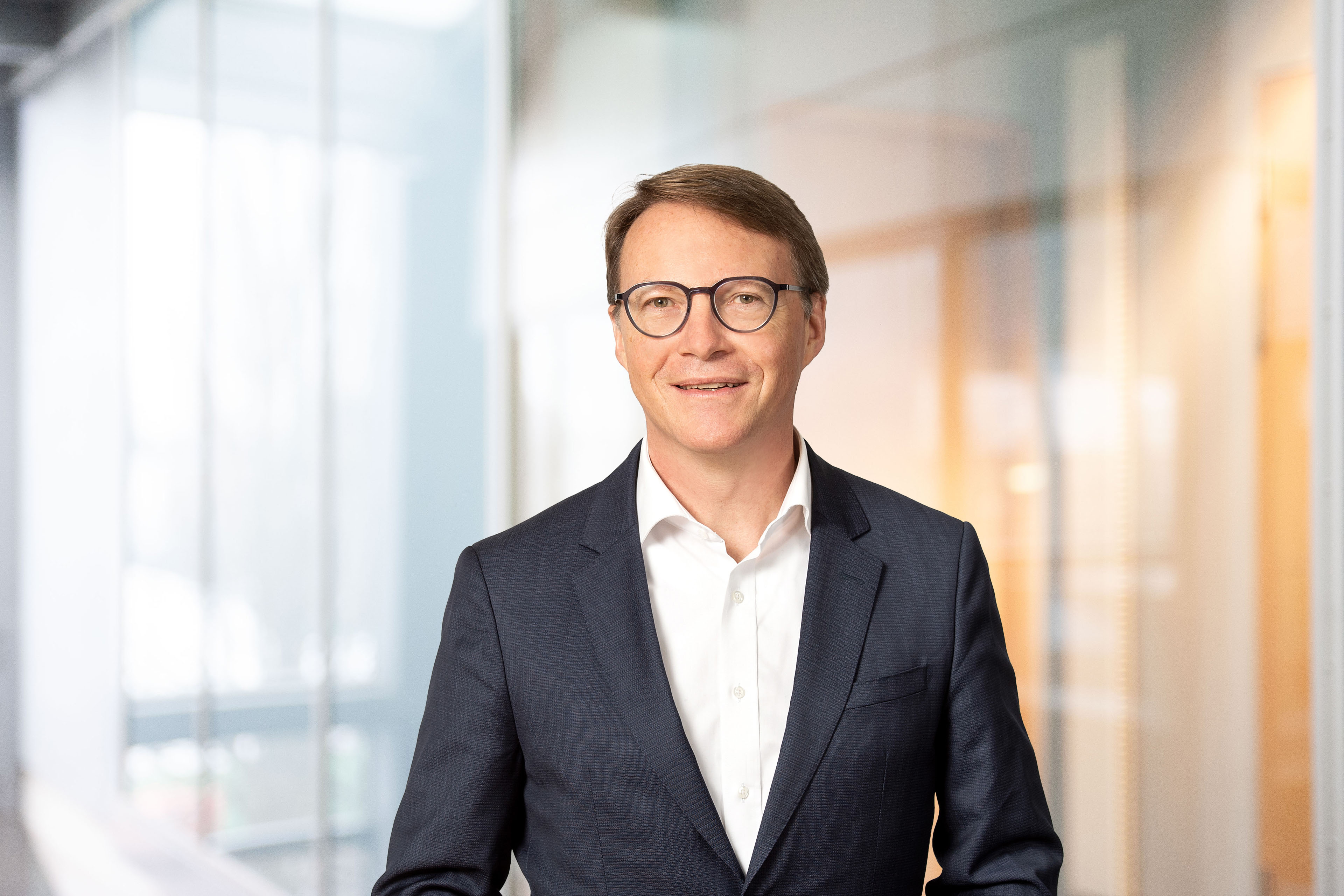EY refers to the global organization, and may refer to one or more, of the member firms of Ernst & Young Limited, each of which is a separate legal entity. Ernst & Young Limited is a Swiss company with registered seats in Switzerland providing services to clients in Switzerland.

“Sustainability should be accessible to everyone
Daniel Koch
Some may know Daniel Koch better as “Mister Corona”, the nickname that became something of a trademark in Switzerland during the COVID-19 pandemic. Before becoming a top official, Daniel Koch practiced as a physician around the world for more than 14 years. Following a stint in an Andean hospital in Peru, he became involved with the International Committee of the Red Cross (ICRC), first in South America, then in war-torn Sierra Leone, Uganda and Rwanda, and later in South Africa. In 2002, he moved to the Federal Office of Public Health. As Head of the Communicable Diseases Division, he worked for various departments, including his role in pandemic response and, most recently, as COVID-19 delegate to the Federal Council. Today, Daniel Koch advises companies and associations on crisis management and crisis communication.
As former Head of the Communicable Diseases Division at the Federal Office of Public Health (FOPH), Daniel Koch became the face of Switzerland in the fight against coronavirus. Today, the doctor is an independent advisor in crisis management and crisis communication. In our interview, he gives his assessment of the past year, discusses what’s important now and shares his personal takeaways from the crisis.
Mr. Koch, how are you doing today without the FOPH job on the front line of the crisis?
I am doing very well, thank you. I remain busy and continue to help by advising on the crisis - just in a different position today. I like my new role. I receive many enquiries from the sports sector and support companies with specific advice on crisis management. Then there are also always requests for speeches or my assessment of the current situation.
What insights from the current situation do you pass on to companies for successful crisis management?
In terms of crisis management, the coronavirus crisis has brought home what we really already knew. In a crisis, the person who normally leads should lead. Crisis management isn’t something you can delegate. This applies to every country, every company. No leadership team can say we’ll have a crisis manager to take care of everything if a crisis hits. It doesn’t work. It’s precisely in a crisis that those in charge need to take a stand. Another important lesson: you can never be fully prepared for a crisis. It’s technically impossible. Otherwise it wouldn’t be a crisis, it would just be an emergency to deal with. So crisis preparedness shouldn’t be based on materials or resources, but on the right – a positive – mindset. I think it’s very damaging to focus on worst-case scenarios. It stirs up fear. And fear is dangerous. At some point, it spills over into frustration and aggression. It’s the same in any crisis.
In a crisis, the person who normally leads should lead. Crisis management isn’t something you can delegate.
How do you think Switzerland has done in terms of crisis management?
I think the Swiss approach has worked well to a large extent. For the Swiss people, it’s important to keep in mind not only the worst-case scenario, but also what’s possible. From the start, it’s been important to involve the people and update them regularly. In our culture, this works better than outright bans or drastic measures. But of course, mistakes have also been made. If you compare excess mortality in the second wave internationally, Switzerland does not fare well. Which mistakes happened and why is something that still needs to be analyzed in detail.
For the Swiss people, it’s important to keep in mind not only the worst-case scenario, but also what’s possible.
Can you understand the criticism, which has been very harsh at times?
Absolutely. You have to appreciate that everyone experiences the crisis from their own point of view and from within their own environment. And if you see your life’s work under threat, then of course you’ll want to look for the culprits. People seek ways to deal with it, and a lot of frustration arises in the process. On top of everything, there’s all the suffering. That’s why it was so important from day one that the Federal Council didn’t just consider the health aspects but also attempted to cushion the blow of the crisis through financial and support measures. On the one hand, it’s important to protect the health of the population. On the other, a society cannot be healthy without a functioning economy. Striking the right balance is very difficult.
On the one hand, it’s important to protect the health of the population. On the other, a society cannot be healthy without a functioning economy. Striking the right balance is very difficult.
What do you see as the biggest challenge at the moment?
Our main concern right now is the end of the pandemic. It will end at some point. We’ll see measures being scaled back globally. And this is where I think we’ll face a major challenge. How will the continents deal with each other again? How will normal relations between countries resume? Apart from the movement of goods, travel is currently still greatly reduced and restricted. Reflecting on how things were before the pandemic, you have to ask how everything will settle down again.
What does this new reality look like for you?
Regardless of a pandemic, the times are always changing. And things are never the same as before. We don’t live the way our grandparents did, and our grandchildren won’t live the way we do. Something of this pandemic will certainly remain. The event was too big, too powerful and too dramatic to simply fade without a trace. What will stay exactly and to what extent? That’s difficult to say. It will be a reality that no one is bothered by or wants to discuss much. It will simply be normal, as it is. It will be important to hold on to our values. We must take care of our health, preserve our liberties, respect and solidarity, and not sacrifice them to certain authoritarian tendencies.
It will be a reality that no one is bothered by or wants to discuss much. It will simply be normal, as it is.
People like to say there’s an opportunity in every crisis. Do you see one?
I’m not convinced that’s really true. The best thing, of course, is not to have a crisis at all – that’s the simple truth. If we’d continued to live without COVID-19, we would certainly have been better off around the world. So I’m always a bit resistant to the idea that you need a crisis to discover new opportunities. I see it more like this: when you face a crisis, you have to look at how you can survive it with the least amount of damage, or how you can adapt. Flexibility is absolutely key. The opportunity, then, is the realization that we can achieve a lot by being flexible and that we can learn from each other.
When you face a crisis, you have to look at how you can survive it with the least amount of damage, or how you can adapt.
A crisis is a challenge day and night. Where do you get your strength, your calm?
My experience certainly helps me. And it’s probably in my nature not to be the anxious type. Fear is something that is very paralyzing. In addition, I am a very good sleeper. I always make sure I get enough sleep.
For you personally, what is the most important lesson from this crisis?
I’ll take with me an awareness of the need to be even more careful and even more positive in communication. Experts in particular can tend to communicate too negatively. It’s extremely important to tell people the truth, but always in a participatory way. If they feel under duress, they quickly lose their motivation. It makes positive communication all the more important, even if the situation doesn’t look so rosy. In retrospect, I personally could have done more in this regard.
I’ll take with me an awareness of the need to be even more careful and even more positive in communication.
And finally: How would you sum up the last year?
I think last year was a big challenge for everyone. Not only for the authorities, but above all for the people. There was a lot of suffering and a lot of fear, but also a lot of solidarity and social spirit. I very much hope that we can take some of the positive aspects into the future and close or improve any gaps that have emerged.
Featured articles and interviews
Sebastian Tobler, Co-founder and CEO of GBY SA
Sebastian Tobler is co-founder and CEO of GBY SA, which has developed a new approach for the rehabilitation of people with reduced mobility. An automotive engineer by training and trade, Sebastian Tobler’s life took a new direction when a bike accident left him paralysed. Alongside his entrepreneurial activities, he heads the SCI-Mobility Lab as Professor at the Bern University of Applied Sciences.
Originally from Naples where she grew up and studied physics, Luciana Vaccaro moved to Switzerland in 1996 to complete a PhD in microengineering at EPFL. She held various positions in research and education at the universities of Neuchâtel and Lausanne before heading the Grant Office at EPFL. In 2013 she took the reins of HES-SO as rector. Last October, Luciana Vaccaro was elected president of the umbrella organization swissuniversities and started in her new position on 1 February.
Francisca Obrecht, Weingut Obrecht
Peter Rupp grew up in Sargans, Switzerland, around 20km south of the Hilti headquarters in Liechtenstein. He studied Economics in St. Gallen, then took a post-graduate degree in Engineering in Winterthur.
Peter Rupp grew up in Sargans, Switzerland, around 20km south of the Hilti headquarters in Liechtenstein. He studied Economics in St. Gallen, then took a post-graduate degree in Engineering in Winterthur.
Serra Bicak is Senior Vice President Reckitt Africa Middle East at Reckitt Hygiene. She has lived and worked in eight different countries for various roles during her career in fast-moving consumer goods. Serra Bicak is passionate about diversity, equity and inclusion (DE&I) and leads Reckitt Hygiene’s gender balance program.
Patrick Pruniaux, Chairman & CEO of Sowind Group
Patrick Pruniaux has a background in business administration and began his career in the watch industry at TAG Heuer. Always fascinated by innovation, he joined Apple in 2014 and oversaw the launch of the Apple Watch. Following a move to Kering in 2017, he managed the Ulysse Nardin and Girard-Perregaux watch brands. In 2022, Patrick Pruniaux spearheaded the historic management buyout and now serves as CEO of these two brands within Sowind Group.
Siddhi Mehta, founder and CEO of Rhythm 108, talked to us about sustainability, craftmanship – and how her company combines heritage and innovation to take the Swiss chocolate tradition into the future.
Judith Häberli, CGO and co-founder of Urban Connect as well as EY Entrepreneur Of The Year™ 2023 Switzerland winner in the category "Emerging Entrepreneur", shares her motivation for starting a corporate mobility platform and explains why real change only happens when companies work together.
Thomas Fürer has served ABB for 22 years, including 14 years in his current role as Group Head of Tax. A Certified Swiss Fiduciary Expert and Certified Swiss Tax Expert, he takes a keen interest in technology and digitalization in the tax function and beyond.





